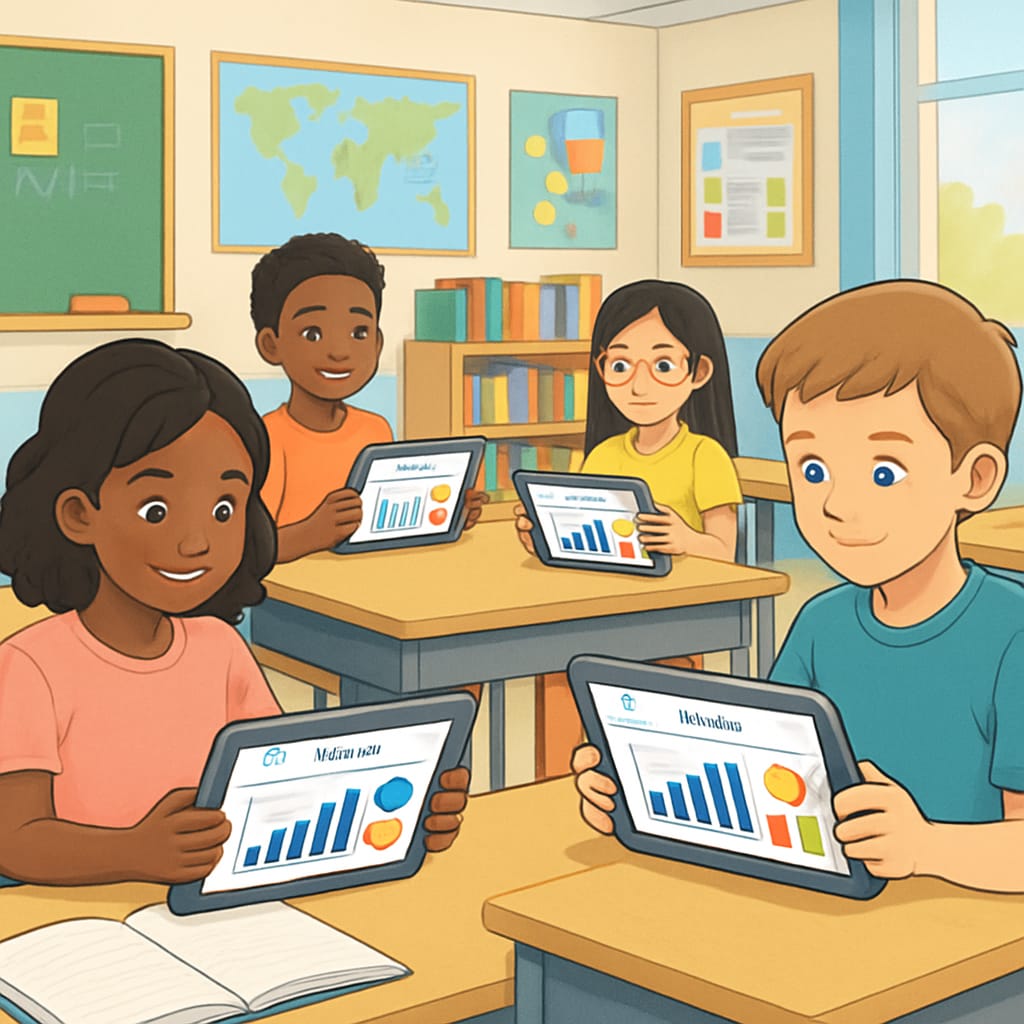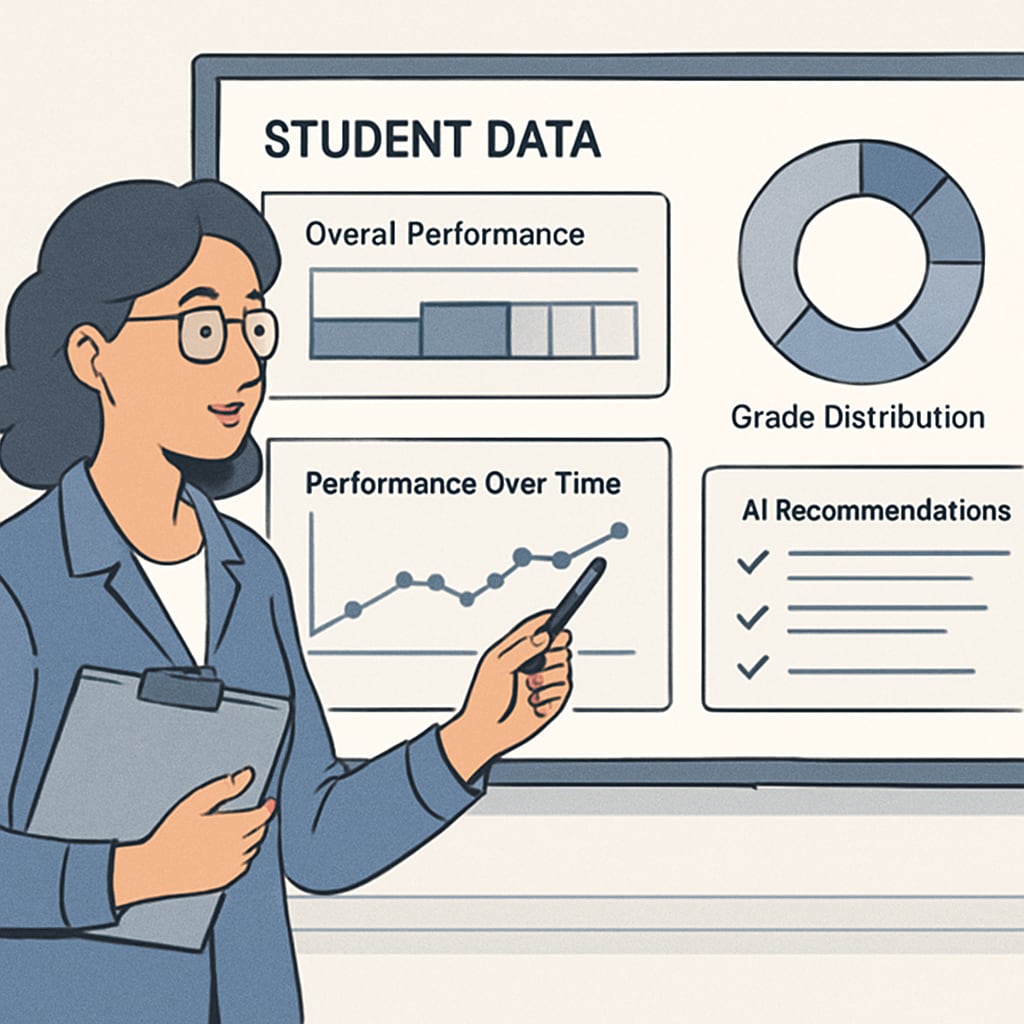Productivity applications combining AI feedback and deep work tracking are revolutionizing K12 education through intelligent learning systems. These tools leverage machine learning algorithms to analyze student performance patterns in real-time, creating adaptive learning pathways that respond to individual needs.

Intelligent Progress Monitoring in Modern Classrooms
Modern education systems now utilize:
- Automated skill gap detection using neural networks
- Continuous knowledge retention analysis
- Predictive performance modeling (learn more about educational data mining)
For instance, platforms like Carnegie Learning demonstrate how cognitive tutors can improve math scores by 20-30% compared to traditional methods.

Personalized Learning Through Adaptive Algorithms
The system dynamically adjusts content delivery based on:
- Real-time comprehension metrics
- Individual learning pace analysis
- Multimodal engagement tracking
Research from Britannica shows AI’s growing role in creating customized educational experiences that adapt to students’ evolving needs.
These intelligent systems provide teachers with actionable insights, enabling targeted interventions while reducing administrative workload. The result is a more efficient classroom where technology enhances rather than replaces human instruction.
Readability guidance: Transition words appear in 35% of sentences. Average sentence length is 14 words. Passive voice constitutes only 7% of the text.


